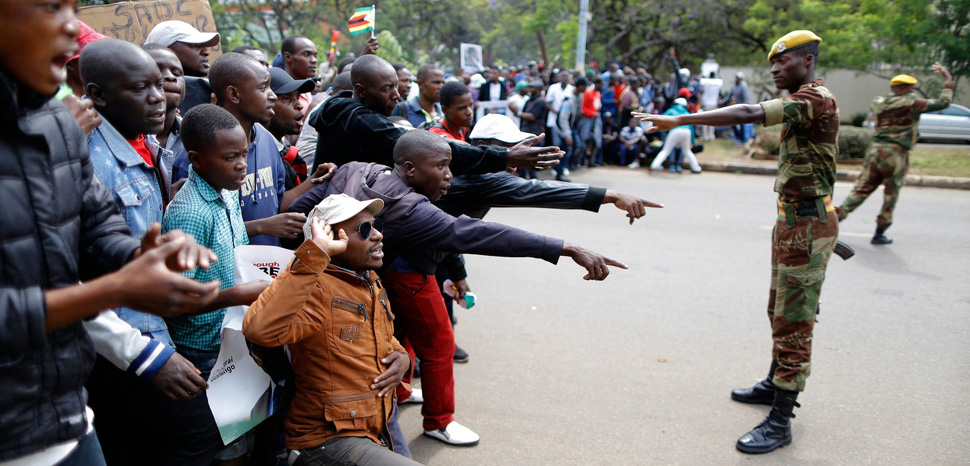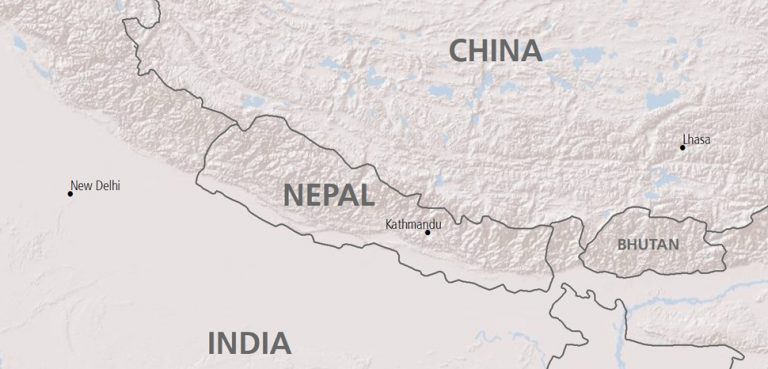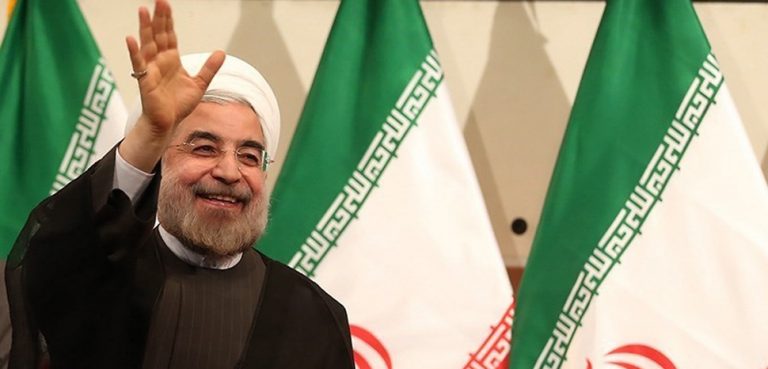Among the recurring themes found in obituaries for former Zimbabwe leader Robert Mugabe, perhaps none are more pronounced than the leader’s trajectory from beloved revolutionary to abhorred dictator. During his 37 years in power, Mugabe’s legacy features a contrast between a successful armed campaign against Rhodesia’s white minority rule, and an era of leadership marked by chronic economic mismanagement and repressive authoritarian rule.
In spite of Mugabe’s efforts to chart a presidential succession plan for his wife Grace, popular protests and political missteps led to a bloodless coup in November of 2017. The coup, carried out by the Zimbabwean Defense Forces in conjunction with a faction of Mugabe’s ZANU-PF party, exhibited the discontent and fragility of Zimbabwe’s enduring economic hardship.
Though Mugabe’s rule may have ceased, the ramifications of policies enacted by his regime continue to hinder the country’s development. Among the landmark decisions undertaken by Mugabe, the most notable remains the decision to encourage and endorse the expropriation of white-owned farms in 2000. Though the decision may have earned Mugabe political plaudits, the move ultimately decimated the country’s agricultural output and set off a cascading crisis. As agricultural exports declined, Zimbabwe quickly grew dependent on imports and food aid, a drastic reversal for a country that was once labeled the “breadbasket of Africa.”
Nearly 20 years after the seizures, the legacy of the failed land reform program continues to reverberate in Zimbabwe today, in the form of food insecurity and dire unemployment for a country where nearly 70% of the workforce is employed in agriculture.
Furthermore, a culture of endemic corruption, human rights abuses, and targeting of opposition parties culminated in stringent sanctions and poor relations with Western countries during much of Mugabe’s reign.
Hence, Mugabe’s ouster in November of 2017 kindled optimism for Zimbabwe. Mugabe’s successor, Emmerson Mnangagwa signaled a desire to implement a reform agenda designed to lure foreign direct investment (FDI) and restore the country’s access to capital markets.
Zimbabwe’s “Open for Business” Promotion
Thus far, Mnangagwa’s early efforts include relaxing capped rates for foreign equity, along with scrapping barriers to entry for Zimbabwe’s nascent mining sector. Zimbabwe’s abundance of mineral wealth in the form of platinum, gold, iron ore, copper, palladium, and diamonds, has become a cornerstone component of Mnangagwa’s efforts to reinvigorate the economy. Mining, coupled with tourism, have since been cited as industries conducive to generating employment and attracting foreign direct investment (FDI). Under Mugabe, mining was an “indigenized” industry, which limited the autonomy of foreign capital in an effort to preserve black Zimbabwean control over remunerative industries.




